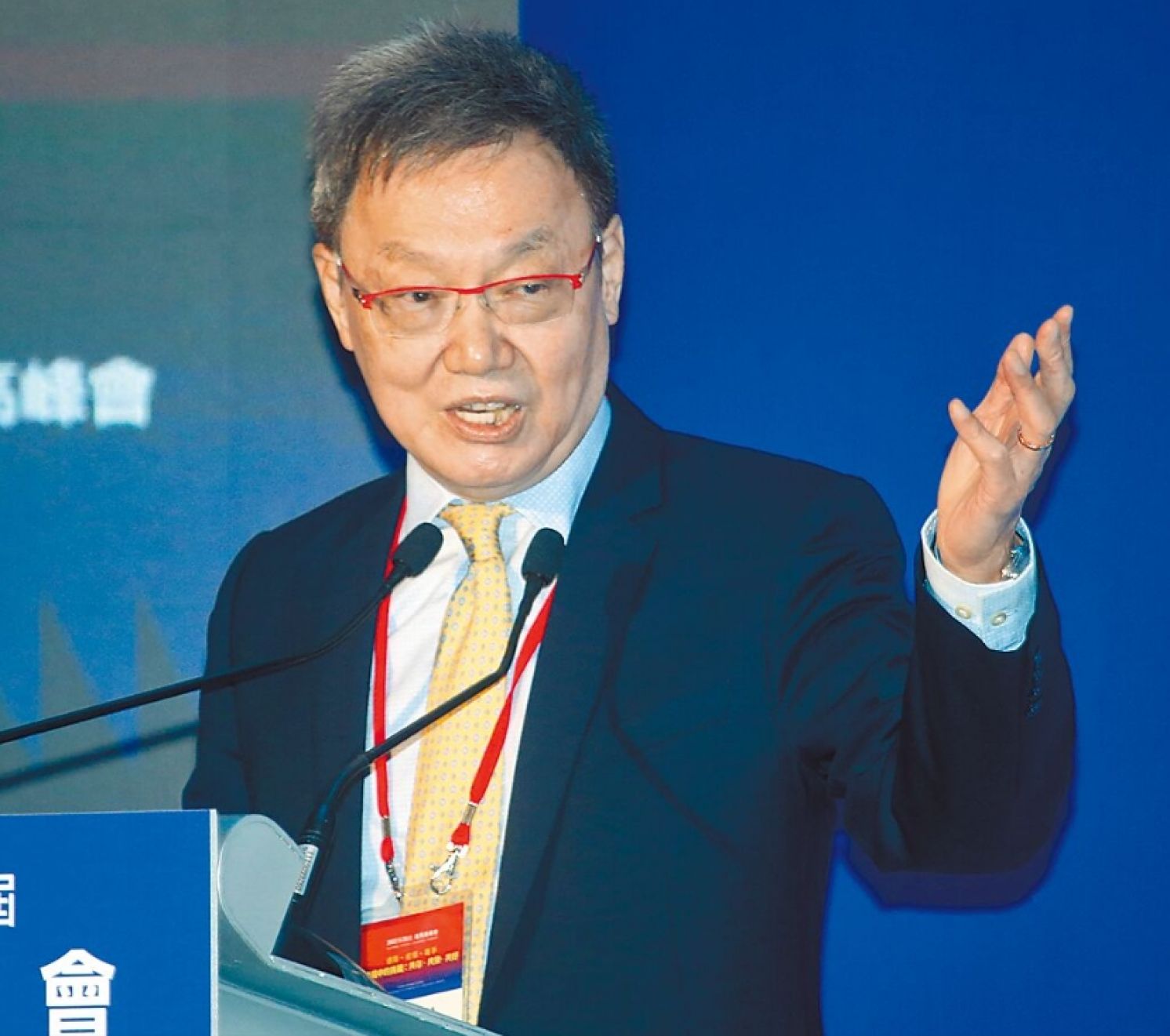
Su Chi Criticizes President Tsai for Playing Double Face, Leaving Taiwan in Danger
China Times, October 27, 2022
Su Chi, chairman of the Taipei Forum and former secretary-general of the National Security Council, stated October 26 that President Tsai Ing-wen has divided Taiwan’s role in U.S.-China-Taiwan triangular relations into “yin” and “yang” faces (refers to a Chinese philosophical concept that describes opposite but supplemental forces), causing totally different analyses of Taiwan’s role inside and outside of Taiwan. This is a part of the reason for the tension between the United States and China, and leaving Taiwan in a strategic impasse. Former President Ma Ying-jeou also criticized the DPP’s policy of “resisting China and protecting Taiwan,” which should be reviewed.
Su attended the Global Views Leaders Forum and offered an analysis on “Taiwan’s Role in the U.S.-China-Taiwan Relations.” He stated that President Tsai has divided Taiwan’s role in the triangular relations into three “yin” and “yang” faces. The first face involves cross-strait relations. Countries farther away from Taiwan think that Taiwan is still “maintaining the status quo.” However, Taiwan insiders are well aware President Tsai has long since abandoned the “1992 Consensus” and other propositions to change the status quo. The gap has made Beijing more convinced that the United States and Taiwan have colluded to promote Taiwan’s independence, and it has also emboldened those who advocate Taiwan independence.
The second “yin-yang” face is about Taiwan’s democracy. In the eyes of international people, Taiwan is like an innocent “Snow White” being bullied by an authoritarian regime, but Tsai has a monopoly of executive, legislative, judicial powers. She always hides in the Presidential Office Building and dictates all the major issues that the Taiwanese people care about, such as mainland Chinese military exercises around Taiwan, the U.S.-China trade war, etc., but she does not have to make any explanations or take responsibilities. This has divided Taiwan’s internal unity, and it has also made the U.S.-China competition, which originally only involved “hegemonic competition,” put on an ideological cloak, making it more difficult to secure peace.
The third “yin-yang face” involves Taiwan’s will to fight. The Tsai administration offered the poll findings on “protect the family and defend the country” misguided the outside world that the Taiwanese people have high morale and that they are willing to fight to the death for the country just like the Ukrainian people, but the answer is negative. It may cause American misjudgment of the situation. By the time the real test comes, it will be too late.
Former President Ma also stated that recently there are two doggerels circulating: "Vote for the DPP, young people go to the battlefield; vote for KMT, there is no battlefield on both sides of the strait." The DPP’s policy of "anti-China, save Taiwan" not only makes it difficult to improve cross-strait relations, but also worsens the situation.
Ma emphasized that Taiwan must adhere to the principle of “not fear war, but also not seek war” and based on this bottom line build mutual trust and collaboration across the strait.
From: https://www.chinatimes.com/newspapers/20221027000453-260118?chdtv